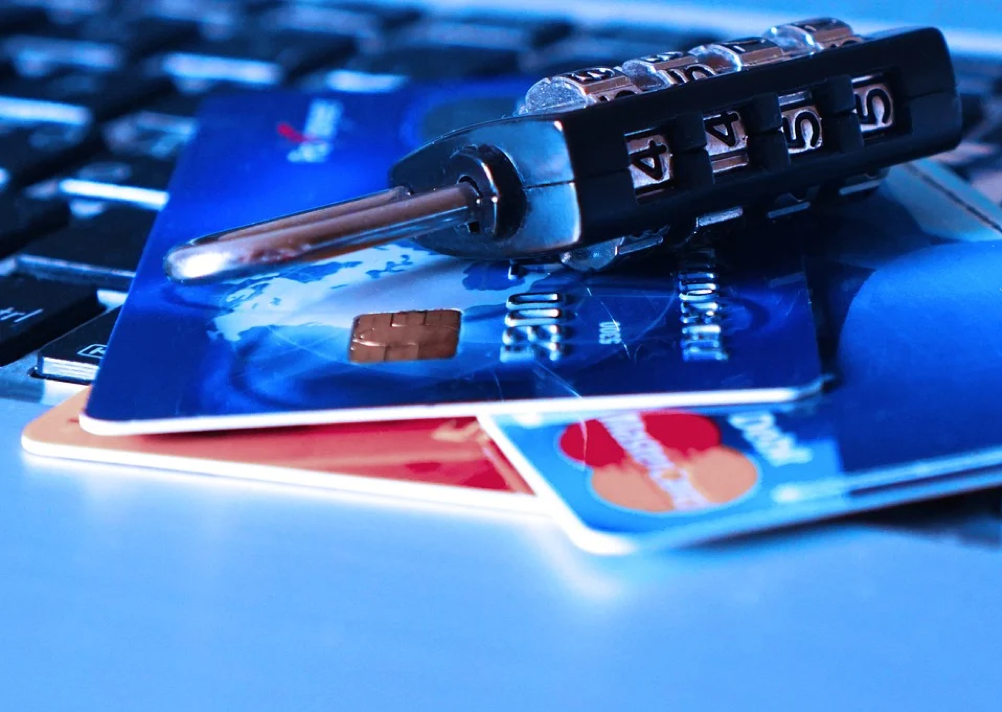Bedtime with Elmo + Bedtime Tips for Parents
It’s bedtime on Sesame Street and like all little children, Elmo doesn’t want to go to sleep yet, he wants to play. After all the 4th of July festivities this year, children across the...
Identity theft is an unfortunate reality of modern society. But you don’t have to live in fear of becoming the next victim of this crime. There are simple yet effective steps you can take to protect yourself and your family. Forewarned is forearmed, so we compiled this list of our 5 top tips for preventing identity theft.

Carrying your social security card around in your purse or wallet may seem sensible. It ensures that you’ll have access to it whenever the need arises. But it could lead to disaster if your wallet or purse is stolen or misplaced.
When you carry your social security card around, it is tantamount to handing your life over on a golden platter. This is because your social security number (SSN) is extremely valuable to potential identity thieves. They’ll use your SSN with other personal data to take loans or obtain credit cards, in your name. And guess who will have to foot the bill? You will. But you won’t even know it until those creditors start calling. So always keep your social security card in a safe place, for total peace of mind.
While much of the information used to perpetrate identity theft is found online, a great deal of info is gleaned closer to home. That’s right, they get it straight from your mailbox! But that doesn’t mean that residential mailboxes cannot be safe. The key is to substitute your standard mailbox for a lockable one.
Mail can also be compromised by other factors. Extreme weather can damage or open your mailbox, leading to a loss of mail. Anyone who finds your mail may access the information inside. And if there’s just one account statement containing your personal data in it, you could be at risk for identity theft.
The safest option, of course, would be a mail slot. This allows your mail to be slipped through a slot in your front door right into your home. But whether you need a curbside mailbox, a wall-mounted mailbox, or any other design, the important thing is that it will be secure. And a sturdy mailbox that can lock is your best bet.
Fishing is a great outdoor activity to pass the time on vacation. But phishing certainly is not. You have probably heard of phishing by now, but just in case you haven’t, here’s a quick breakdown. Scammers will “phish” for your information, pretending to be a bank or other agency. They will offer you a great deal, or say they are checking something on your account. And this is how they get your information, by asking for your account numbers, passwords, or other sensitive data.
Phishing usually happens via phone calls, texts and emails. If you have any uncertainty about the authenticity of a special offer, contact the company named, directly. Never respond to requests for information from unverified sources. On the business side, it's worth noting that tech companies are now starting to phase out third party data. Businesses are encouraged to shift to first party data for better data security.
You may have heard this tip before, but have you actually done anything about it yet? A strong password is your first line of defense in the war against cybercriminals. This is why all of your online accounts, from social media to emails to online trading accounts, have passwords to prevent unauthorized access. If an identity thief has access to even one of your passwords, he can obtain your sensitive data from that account.
The best password is a strong password, and this is really easy to achieve. Choose a word or phrase that you will remember, but that no one would easily guess. Use a mix of upper and lower case letters, and add in some numerals and/or special characters. Tips For Preventing Identity Theft
Although it would be simpler to remember passwords that contain personal information, refrain from doing this. Using dates of birth, social security numbers, business names, mobile numbers or even nicknames is a big no-no. This is the first thing would-be cyber thieves will try to get into your online accounts.
There is no doubt that online shopping has made our lives so much easier. But that convenience can come at a heftier price than you’d care to pay. When you next surrender to some retail therapy online, check out that website. Trusted, reputable websites have safeguards in place to protect your details and credit card information. But some sites have information-sharing policies that open the door to possible identity theft.
Don’t just click “yes” when asked if you’re happy for them to share your information with other businesses. Take the time to read the privacy policy on each website that you visit. And if a site does not give you the option to decline to share your data, get out of there.